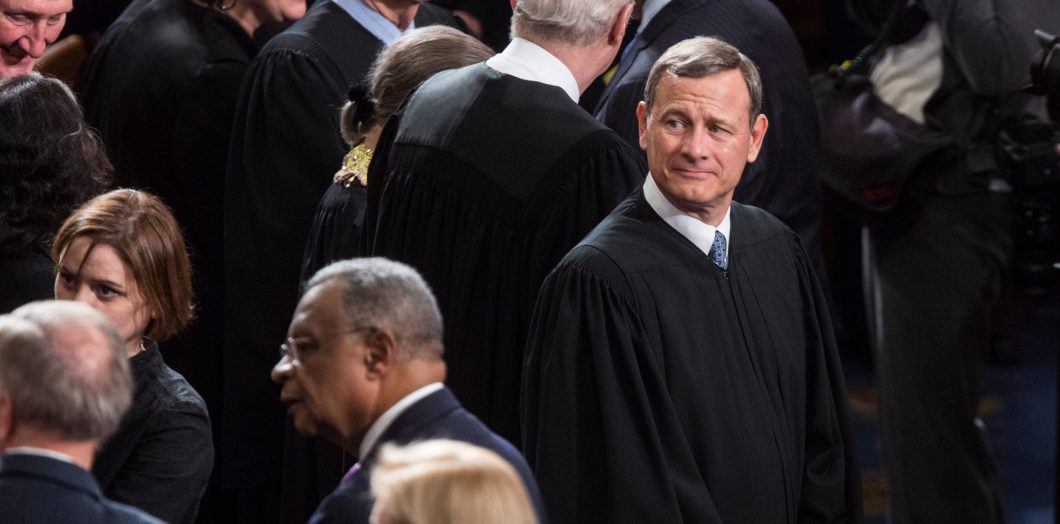Roberts Must Recognize that the Court Also Errs in Striking Down Laws
Chief Justice John Roberts made a speech this week at the University of Minnesota Law School. He made some good if not very controversial points. For instance, he noted the Court strives not to be a partisan institution: the judges work together regardless of the party that appointed them and do so collegially. But he made one egregious misstatement. He said: “The Court has, from time to time, erred and erred greatly. But when it has, it has been because the Court yielded to political pressure.”
Now it is certainly true that the Court has sometimes bowed to popular pressure and misinterpreted the Constitution as a result. Plessy v. Ferguson provided a paradigm example when it upheld discriminatory laws that society deemed reasonable. But the Court has also erred when it has made the opposite mistake, wrongly striking down laws that were supported by the people and wholly constitutional. Some of its worst decisions were this latter kind of error. It made this mistake in Roe v. Wade which invalidated without justification abortion laws passed by state legislatures. It has also wrongly invalidated laws that commanded national support, as it did most egregiously in Dred Scott’s invalidation of the Missouri compromise.
What Roberts should have said is that the Supreme Court has historically made two kinds of errors. Type 1 errors occur when the Court upholds a law that it should have struck down, thus underenforcing the Constitution. Type 2 errors, on the other hand, occur when the Court strikes down a law that it should have upheld, thus overenforcing the Constitution.
Type 1 errors do indeed often occur because of political pressure from popularly elected officials and the people at large. But Type 2 errors have other sources. One is sadly partisanship. Dred Scott was a decision motivated in part by what Chief Justice Tawney saw as the interests of the Democratic Party. (He even secretly communicated the forthcoming result to James Buchanan, a Democrat about to be inaugurated as President). But another important source is pressure from elites against popular opinion. Roe is a prime example of this, but there are many others, including many of the cases in the so-called culture wars.
It is very troubling that the Chief Justice did not publicly call out this kind of judicial failure, because the Supreme Court justices are themselves all members of the elite, and thus susceptible to elite influence. Their reputations are largely in the hands of the press and law professors of today and the historians of tomorrow. The people at large do not have such mechanisms to exert pressure. No Supreme Court justice has ever been removed from office. Thomas Jefferson correctly said that judicial impeachment was a scarecrow.
Thus, the pressure to make Type 2 errors to satisfy the elite minority may be even greater than the pressure to make Type 1 errors to satisfy the popular majority. Recognizing that the Court may be at times wrongly invalidate popular legislation will not prevent judges from making Type 2 errors. But failing to recognize that kind of error will undoubtedly lead to more of them.
